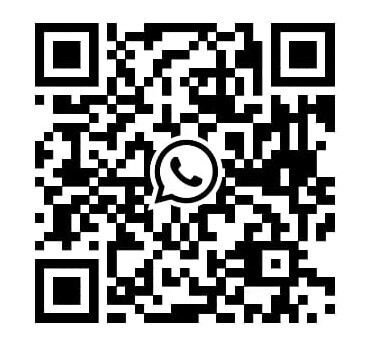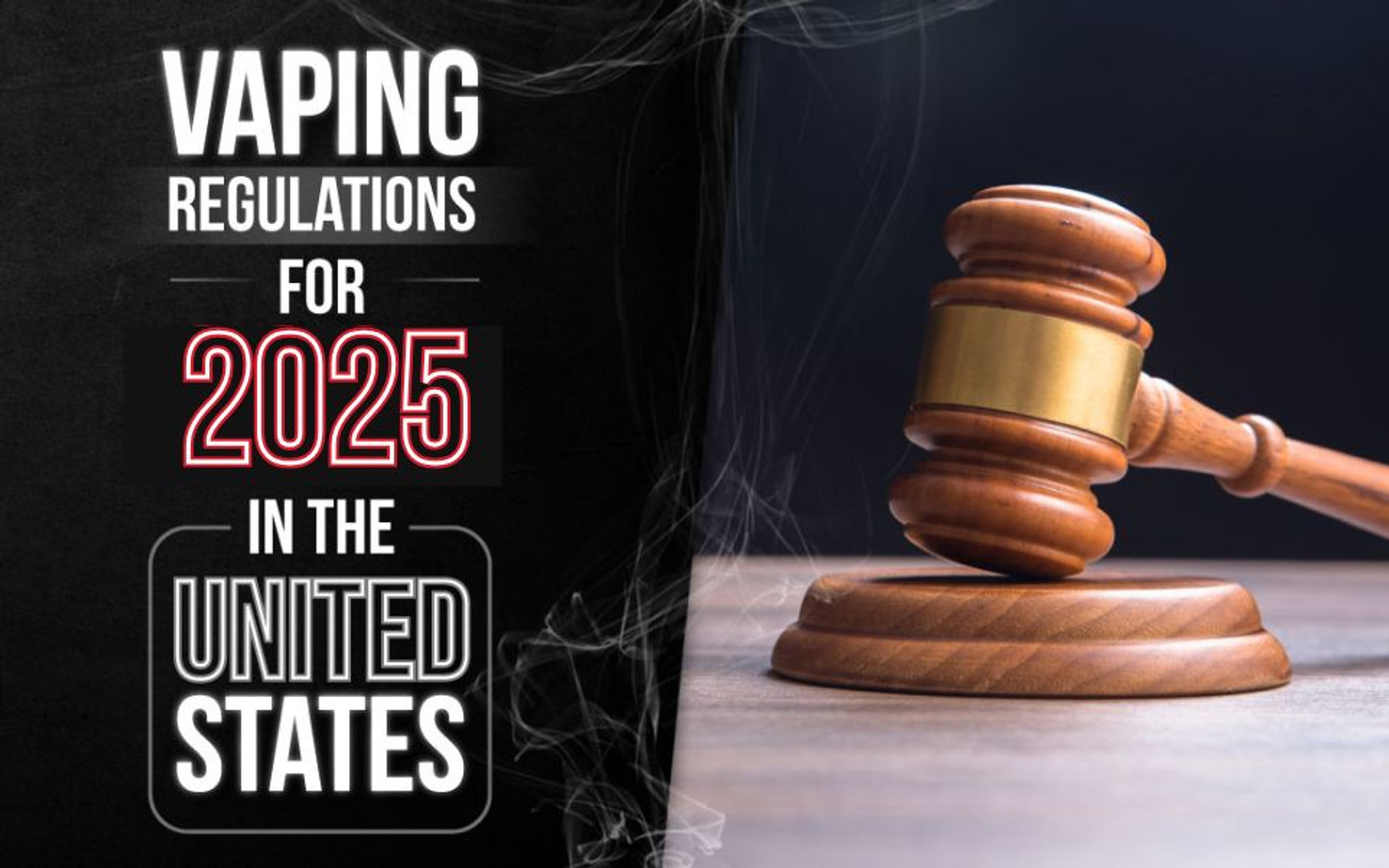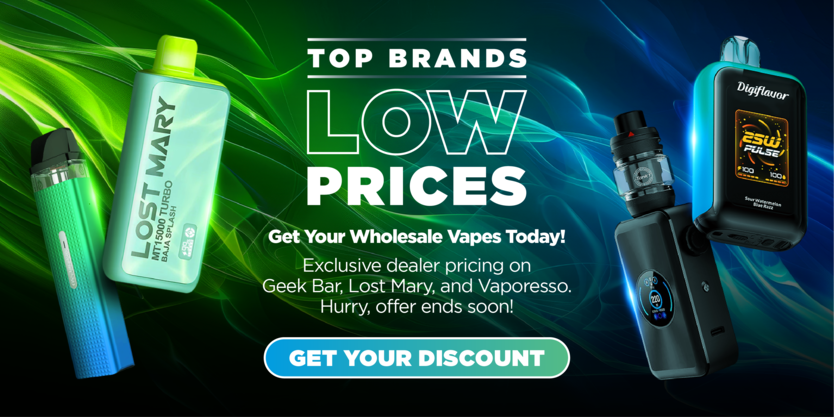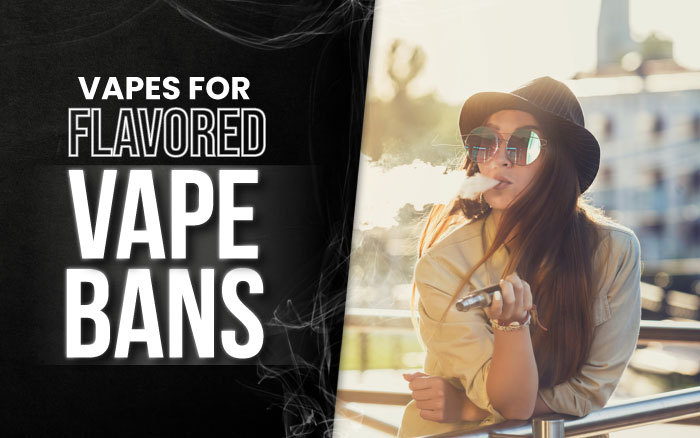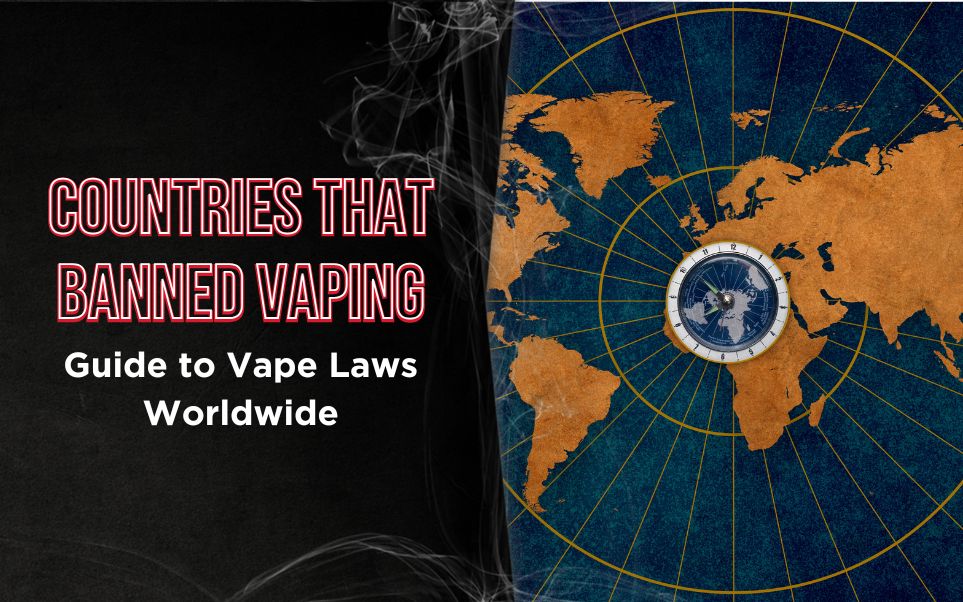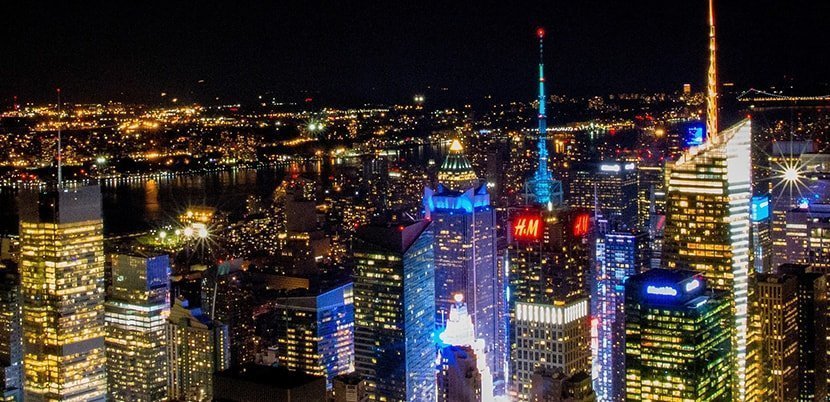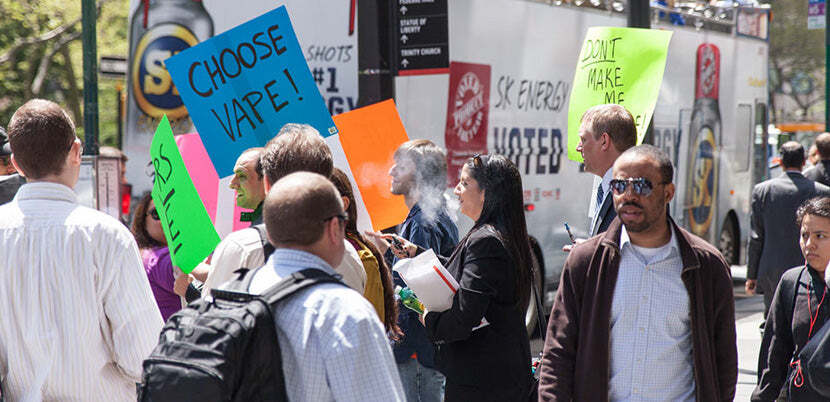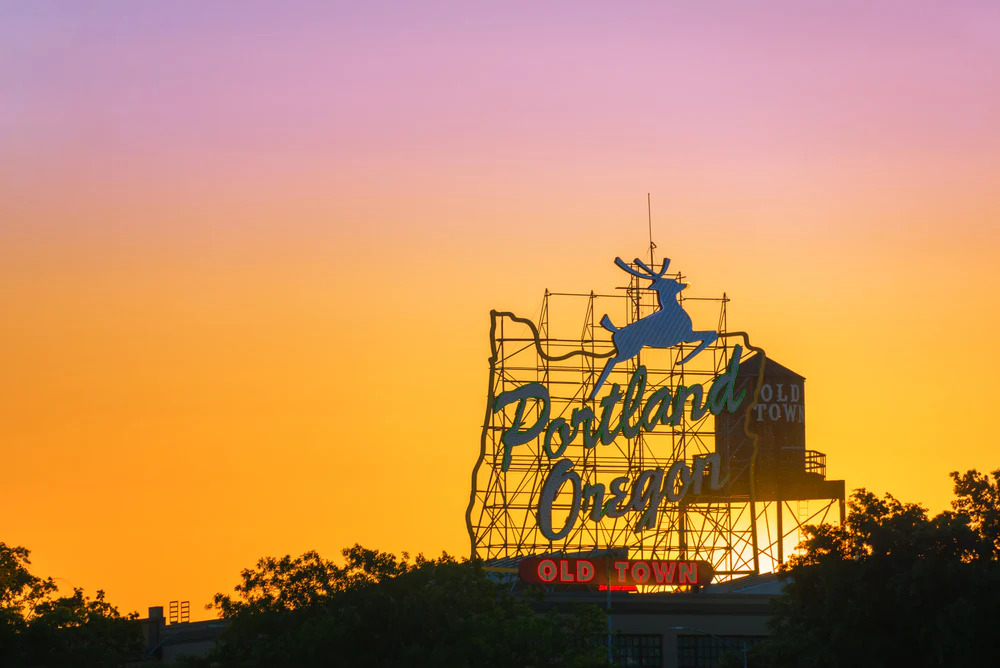Vaping Regulations for 2025 in the United States
Estimated 0 min read
Disclaimer: This article is for informational purposes only and does not constitute legal advice. Please consult local governing bodies for verification regarding vape regulations and laws.
Table of Contents
- Overview of Vaping Regulations in 2025
- Age Restrictions on Sales
- Restrictions on Flavored Vaping Products
- Taxation of Vaping Products
- Public Vaping Bans and Restrictions
- The 20 States
- Licensing Requirements for Vape Shops
- FDA Regulations on Vaping Devices and E-Liquids
- State-by-State Vaping Regulations in 2025
- Vape Laws in 2025: The Evolving Regulatory Landscape
- Conclusion
Overview of Vaping Regulations in 2025
The vaping industry in the United States continues to evolve rapidly, with federal and state regulations adapting to address public health concerns while balancing individual freedoms. In 2025, the U.S. Food and Drug Administration (FDA) maintains its authority under the Family Smoking Prevention and Tobacco Control Act, requiring all vaping products introduced after 2024 to obtain pre-market approval. The FDA evaluates ingredients, health risks, and marketing practices to ensure these products meet public health standards. Meanwhile, states have introduced a patchwork of laws, including age restrictions, flavor bans, taxation, public vaping prohibitions, and retailer licensing requirements, reflecting diverse approaches to regulation.
Age Restrictions on Sales
Federal law, effective since December 2019, prohibits the sale of e-cigarettes and other tobacco products to individuals under 21. As of 2025, all 50 states, the District of Columbia, Guam, the Northern Mariana Islands, Palau, Puerto Rico, and the U.S. Virgin Islands comply with this minimum age requirement. Enforcement has intensified, with retailers mandated to use robust age verification methods, such as electronic ID scanning, and states imposing penalties ranging from fines to mandatory education programs for violations.
Restrictions on Flavored Vaping Products
Flavor bans remain a contentious issue in 2025, with several states restricting or prohibiting flavored e-cigarettes to curb youth vaping. Below is a summary of key restrictions:
- Comprehensive Bans: California, Massachusetts, New York, New Jersey, and Rhode Island ban all flavored e-cigarettes except tobacco and menthol flavors. California’s ban, effective January 1, 2025, now includes online sales and nicotine analogs.
- Partial Restrictions: States like Maryland and Utah limit flavored product sales to age-restricted venues, often allowing tobacco, menthol, or mint flavors.
- Delayed or Pending Bans: Utah’s planned flavor ban, set for January 1, 2025, remains on hold due to a federal judge’s temporary restraining order.
Taxation of Vaping Products
As of September 30, 2024, 33 states, the District of Columbia, Puerto Rico, and the U.S. Virgin Islands impose taxes on e-cigarettes, with structures varying from per-milliliter levies (e.g., Illinois at $2.50/mL) to percentage-based taxes on wholesale prices (e.g., Oregon at 65%). In 2025, additional states have increased taxes to deter use and fund public health initiatives.
Public Vaping Bans and Restrictions
Twenty states, the District of Columbia, and Puerto Rico enforce comprehensive smoke-free indoor air laws that include e-cigarettes, prohibiting their use in private worksites, restaurants, and bars.
The 20 States:
Licensing Requirements for Vape Shops
Thirty-six states, the District of Columbia, the Northern Mariana Islands, Palau, and the U.S. Virgin Islands, require retailers to obtain a license to sell e-cigarettes over the counter. Licensing fees typically range from $500 to $1,500 annually, with some states imposing additional zoning restrictions. The 36 states are listed below in a three-column format:
FDA Regulations on Vaping Devices and E-Liquids
The FDA’s 2025 regulations include:
- Pre-Market Tobacco Application (PMTA): Mandatory for all new vaping products, with detailed health impact reports required.
- Flavor Restrictions: Unauthorized flavored disposable vapes are banned unless approved via PMTA.
- Marketing and Labeling: Stricter rules prohibit youth-appealing branding (e.g., candy-themed names).
State-by-State Vaping Regulations in 2025
Below is a comprehensive overview of vaping laws for all 50 states as of January 1, 2025, reflecting the latest regulations on flavor bans, taxation, public vaping restrictions, licensing requirements, and age verification enforcement.
Alabama
In 2025, Alabama has increased excise taxes on vaping products to discourage youth use, with a tax rate of $0.75 per milliliter of e-liquid, one of the more moderate increases among states. Retailers are required to obtain a state-issued license, costing $750 annually, to sell e-cigarettes over the counter. The minimum purchase age remains 21, in line with federal law, with retailers mandated to use electronic ID verification. Public vaping is not comprehensively banned indoors, but some municipalities have local restrictions in workplaces and restaurants.
Alaska
Alaska’s vaping regulations in 2025 emphasize retailer accountability, requiring all vape shops to secure an annual license costing $1,000. Stricter age verification protocols, including third-party electronic scanning, are enforced to ensure compliance with the federal minimum age of 21. While there are no statewide flavor bans or public vaping prohibitions, taxes on vaping products have risen modestly to 20% of the wholesale price, reflecting a cautious approach to regulation.
Arizona
Arizona mandates that retailers obtain a license, priced at $800 annually, to sell vaping products in 2025. Vaping is prohibited on all state-owned property, including buildings, parks, and vehicles, aligning with broader tobacco-free policies. The state has increased taxes to 25% of the wholesale price but has not implemented a flavor ban, leaving flavored e-liquids available. Age verification requirements are stringent, with penalties for non-compliance including fines up to $5,000 for retailers.
Arkansas
Arkansas has raised taxes on vaping products in 2025 to $1.00 per milliliter of e-liquid, aiming to reduce accessibility. Retailers must obtain a license, costing $600 annually, and comply with federal age restrictions of 21, enforced through mandatory ID checks. No statewide flavor bans or public vaping restrictions exist, though some cities have introduced local ordinances limiting use in indoor public spaces.
California
California’s vaping laws in 2025 are among the nation’s strictest. A comprehensive flavor ban, effective January 1, 2025, prohibits all flavored e-cigarettes except tobacco and menthol, extending to online sales and nicotine analogs. Public vaping is banned in indoor private worksites, restaurants, and bars under the state’s smoke-free air laws. Retailers must obtain a license ($1,500 annually) and face a 60% wholesale tax on vaping products. Age verification is rigorously enforced with electronic systems, and penalties for violations are severe, including license revocation.
Colorado
Colorado prohibits public vaping in indoor private worksites, restaurants, and bars as part of its comprehensive smoke-free laws in 2025. Retailers must obtain a license ($900 annually) and adhere to increased taxes of 35% on the wholesale price of vaping products. The state has not banned flavored e-liquids, though local jurisdictions like Boulder have imposed additional restrictions. Age verification aligns with federal standards, requiring electronic ID checks for all sales.
Connecticut
In 2025, Connecticut bans public vaping in indoor workplaces, restaurants, and bars, reflecting its strong smoke-free policies. Retailers must obtain a license ($1,200 annually) and implement stricter age verification measures, such as biometric scanning, to enforce the 21-year-old minimum purchase age. Taxes on vaping products have increased to 40% of the wholesale price, but no statewide flavor ban exists, leaving flavored products available.
Delaware
Delaware’s 2025 regulations include a public vaping ban in indoor private worksites, restaurants, and bars, aligning with its smoke-free air laws. Retailers require a license ($800 annually) and face increased taxes of $1.25 per milliliter of e-liquid. The state has not implemented a flavor ban, though advocacy groups continue to push for restrictions. Age verification is strictly enforced with electronic systems, and fines for selling to minors can reach $2,500 per violation.
Florida
Florida in 2025 has tightened age verification requirements, mandating electronic ID scanning and imposing fines of up to $3,000 for retailers selling to those under 21. Taxes on vaping products have increased to 30% of the wholesale price, but no licensing requirement exists for retailers. Flavored e-liquids remain legal, and public vaping is permitted in most indoor spaces, though some counties have local restrictions.
Georgia
Georgia requires retailers to obtain a license ($700 annually) to sell vaping products in 2025 and has increased taxes to $0.90 per milliliter of e-liquid. The state has not banned flavored e-cigarettes or public vaping, maintaining a relatively permissive stance. Age verification follows federal guidelines, with electronic checks mandatory to prevent sales to those under 21.
Hawaii
Hawaii bans public vaping in indoor private worksites, restaurants, and bars under its 2025 smoke-free laws. Retailers must obtain a license ($1,000 annually), and taxes on vaping products have risen to 50% of the wholesale price. No statewide flavor ban exists, though flavored products are heavily taxed to deter youth use. Age verification is enforced with electronic systems, and penalties include license suspension for repeat offenders.
Idaho
Idaho’s 2025 vaping regulations include stricter age verification requirements, with retailers mandated to use electronic ID checks to enforce the 21-year-old minimum age. Taxes have increased to $0.80 per milliliter of e-liquid, but no licensing requirement or flavor ban is in place. Public vaping remains unrestricted at the state level, though some cities have local prohibitions.
Illinois
Illinois enforces a public vaping ban in indoor workplaces, restaurants, and bars in 2025, alongside a hefty $2.50 per milliliter tax on e-liquids—one of the highest in the nation. Retailers must obtain a license ($1,200 annually) and comply with strict age verification using electronic scanning. Flavored e-cigarettes remain legal, though local advocacy for a ban is growing.
Indiana
In 2025, Indiana requires retailers to obtain a license ($900 annually) and has increased taxes to $1.10 per milliliter of e-liquid. No flavor bans or public vaping restrictions are in place statewide, though some municipalities have local rules. Age verification aligns with federal standards, enforced through mandatory electronic ID checks.
Iowa
Iowa’s 2025 regulations feature stricter age verification, with retailers required to use electronic scanning to enforce the 21-year-old minimum age, backed by fines up to $2,000 for violations. Taxes on vaping products have increased to $0.95 per milliliter, but no licensing requirement, flavor ban, or public vaping prohibition exists statewide.
Kansas
Kansas bans public vaping in indoor private worksites, restaurants, and bars in 2025 as part of its smoke-free air laws. Taxes on vaping products have increased to $1.15 per milliliter, though no licensing requirement is mandated. Flavored e-liquids remain legal, and age verification is enforced with electronic systems to comply with federal law.
Kentucky
Kentucky in 2025 requires retailers to obtain a license ($650 annually) and has raised taxes to $1.00 per milliliter of e-liquid. No statewide flavor bans or public vaping restrictions are in place, maintaining a relatively lenient regulatory environment. Age verification follows federal guidelines, with electronic ID checks mandatory.
Louisiana
Louisiana mandates that retailers obtain a license ($800 annually) to sell vaping products in 2025 and has increased taxes to $0.85 per milliliter. Flavored e-liquids remain legal, and public vaping is unrestricted at the state level, though some parishes have local bans. Age verification is enforced with electronic systems.
Maine
Maine’s 2025 laws ban public vaping in indoor workplaces, restaurants, and bars, aligning with its smoke-free policies. Retailers must obtain a license ($1,000 annually), and taxes have increased to 45% of the wholesale price. No flavor ban exists, though flavored products face scrutiny from health advocates. Age verification is strict, with electronic checks required.
Maryland
Maryland in 2025 restricts flavored e-liquids to adult-only venues, such as vape shops, while banning public vaping in indoor workplaces, restaurants, and bars. Retailers must obtain a license ($1,100 annually), and taxes have risen to 40% of the wholesale price. Age verification uses electronic scanning, with penalties including license suspension for non-compliance.
Massachusetts
Massachusetts enforces one of the strictest vaping regimes in 2025, with a comprehensive flavor ban (except tobacco and menthol), a public vaping ban in indoor workplaces, restaurants, and bars, and a licensing requirement for retailers ($1,500 annually). Taxes are set at 75% of the wholesale price, and age verification is rigorously enforced with biometric systems.
Michigan
Michigan requires retailers to obtain a license ($900 annually) in 2025 and has increased taxes to $1.20 per milliliter of e-liquid. No flavor bans or public vaping restrictions are in place statewide, though some cities have local rules. Age verification aligns with federal standards, enforced through electronic ID checks.
Minnesota
Minnesota mandates retailer licensing ($1,000 annually) and has raised taxes to 55% of the wholesale price in 2025. Flavored e-liquids remain legal, and public vaping is unrestricted at the state level. Age verification is strict, with electronic scanning required to enforce the 21-year-old minimum age.
Mississippi
Mississippi in 2025 has stricter age verification requirements, mandating electronic ID checks and imposing fines up to $1,500 for violations. Taxes on vaping products have increased to $0.90 per milliliter, but no licensing requirement, flavor ban, or public vaping prohibition exists statewide.
Missouri
Missouri requires retailers to obtain a license ($700 annually) in 2025 and has increased taxes to $1.05 per milliliter of e-liquid. Flavored e-liquids remain legal, and public vaping is unrestricted at the state level. Age verification follows federal guidelines, with electronic checks mandatory.
Montana
Montana’s 2025 regulations include stricter age verification, with electronic ID scanning required to enforce the 21-year-old minimum age. Taxes have increased to $0.95 per milliliter, but no licensing requirement, flavor ban, or public vaping restriction is in place statewide.
Nebraska
Nebraska has increased taxes to $1.10 per milliliter of e-liquid in 2025 and enforces stricter age verification with electronic systems, with fines up to $2,000 for violations. No retailer licensing, flavor bans, or public vaping prohibitions exist at the state level.
Nevada
Nevada requires retailers to obtain a license ($800 annually) in 2025 and allows vaping in designated areas with proper ventilation, rather than a full public ban. Taxes have increased to 30% of the wholesale price, and flavored e-liquids remain legal. Age verification is enforced with electronic checks.
New Hampshire
New Hampshire in 2025 has stricter age verification requirements, mandating electronic ID scanning to enforce the 21-year-old minimum age. Taxes have increased to $0.85 per milliliter, but no licensing requirement, flavor ban, or public vaping restriction is in place statewide.
New Jersey
New Jersey’s 2025 laws include a comprehensive flavor ban (except tobacco and menthol), a public vaping ban in indoor workplaces, restaurants, and bars, and a retailer licensing requirement ($1,200 annually). Taxes have increased to 50% of the wholesale price, and age verification uses advanced electronic systems, with steep penalties for violations.
New Mexico
New Mexico bans flavored vape products in 2025 and prohibits public vaping in indoor workplaces, restaurants, and bars. Retailers must obtain a license ($900 annually), and taxes have increased to 35% of the wholesale price. Age verification is enforced with electronic scanning to comply with federal law.
New York
New York enforces a comprehensive flavor ban (except tobacco and menthol), bans public vaping in indoor workplaces, restaurants, and bars, and requires retailers to obtain a license ($1,300 annually) in 2025. Taxes are set at 60% of the wholesale price, and stricter age verification with biometric scanning ensures compliance with the 21-year-old minimum age.
North Carolina
North Carolina bans flavored vape products in 2025 and requires retailers to obtain a license ($800 annually). Taxes have increased to $1.15 per milliliter, but public vaping remains unrestricted at the state level. Age verification follows federal standards, enforced through electronic ID checks.
North Dakota
North Dakota bans public vaping in indoor workplaces, restaurants, and bars in 2025 and requires retailers to register with the state ($500 annually). Taxes have increased to $1.00 per milliliter, and flavored e-liquids remain legal. Age verification is enforced with electronic systems.
Ohio
Ohio bans flavored vape products in 2025 and requires retailers to obtain a license ($900 annually). Taxes have increased to $1.20 per milliliter, but public vaping is unrestricted at the state level. Age verification uses electronic scanning to enforce the 21-year-old minimum age.
Oklahoma
Oklahoma requires retailers to obtain a license ($800 annually) in 2025 and prohibits vaping on all state property, including buildings and vehicles. Stricter age verification with electronic checks is enforced, and taxes have increased to $1.10 per milliliter. Flavored e-liquids remain legal.
Oregon
Oregon bans flavored vape products, prohibits public vaping in indoor workplaces, restaurants, and bars, and requires retailers to obtain a license ($1,200 annually) in 2025. A 65% wholesale tax significantly raises costs, and age verification is enforced with electronic systems to comply with federal law.
Pennsylvania
Pennsylvania requires retailers to register with the state ($600 annually) in 2025 and has increased taxes to $1.25 per milliliter of e-liquid. Flavored e-liquids remain legal, and public vaping is unrestricted at the state level. Age verification follows federal guidelines with electronic checks.
Rhode Island
Rhode Island enforces a comprehensive flavor ban (except tobacco and menthol), bans public vaping in indoor workplaces, restaurants, and bars, and requires retailers to obtain a license ($1,100 annually) in 2025. Taxes are set at 50% of the wholesale price, and age verification uses electronic scanning.
South Carolina
South Carolina in 2025 has stricter age verification requirements, mandating electronic ID checks to enforce the 21-year-old minimum age, with fines up to $1,500 for violations. Taxes have increased to $0.90 per milliliter, but no licensing requirement, flavor ban, or public vaping restriction exists statewide.
South Dakota
South Dakota bans flavored vape products in 2025 and requires retailers to obtain a license ($800 annually). Taxes have increased to $1.15 per milliliter, but public vaping remains unrestricted at the state level. Age verification is enforced with electronic systems.
Tennessee
Tennessee requires retailers to register with the state ($500 annually) in 2025 and has increased taxes to $1.00 per milliliter of e-liquid. Flavored e-liquids remain legal, and public vaping is unrestricted at the state level. Age verification follows federal guidelines with electronic checks.
Texas
Texas bans flavored vape products in 2025 and requires retailers to obtain a license ($900 annually). Taxes have increased to $1.20 per milliliter, but public vaping remains unrestricted at the state level. Age verification uses electronic scanning to enforce the 21-year-old minimum age.
Utah
Utah’s planned flavor ban, set for January 1, 2025, remains delayed by a federal judge’s temporary restraining order. Public vaping is banned in indoor workplaces, restaurants, and bars, and retailers must obtain a license ($1,000 annually). Stricter age verification with electronic checks is enforced, and taxes have increased to 45% of the wholesale price.
Vermont
Vermont bans flavored vape products, prohibits public vaping in indoor workplaces, restaurants, and bars, and requires retailers to obtain a license ($1,100 annually) in 2025. Taxes are set at 50% of the wholesale price, and age verification uses electronic scanning to comply with federal law.
Virginia
Virginia requires retailers to register with the state ($600 annually) in 2025 and has increased taxes to $1.10 per milliliter. Vaping is permitted in designated areas with ventilation, rather than a full public ban. Flavored e-liquids remain legal, and age verification is enforced with electronic checks.
Washington
Washington bans flavored vape products, prohibits public vaping in indoor workplaces, restaurants, and bars, and requires retailers to obtain a license ($1,300 annually) in 2025. An 80% wholesale tax—one of the highest in the nation—drives up costs, and age verification is enforced with electronic systems.
West Virginia
West Virginia requires retailers to register with the state ($500 annually) in 2025 and has increased taxes to $1.00 per milliliter of e-liquid. Flavored e-liquids remain legal, and public vaping is unrestricted at the state level. Age verification follows federal guidelines with electronic checks.
Wisconsin
Wisconsin in 2025 has stricter age verification requirements, mandating electronic ID checks to enforce the 21-year-old minimum age, with fines up to $2,000 for violations. Taxes have increased to $1.05 per milliliter, but no licensing requirement, flavor ban, or public vaping restriction exists statewide.
Wyoming
Wyoming requires retailers to register with the state ($400 annually) in 2025 and has increased taxes to $0.95 per milliliter of e-liquid. Flavored e-liquids remain legal, and public vaping is unrestricted at the state level. Age verification is enforced with electronic systems.
Note: Regulations are subject to change. Consult state health departments for the latest updates.
Vape Laws in 2025: The Evolving Regulatory Landscape
In 2025, vaping regulations reflect a dynamic interplay between public health goals and industry adaptation. Stricter age enforcement, expanded flavor bans, higher taxes, and comprehensive licensing requirements shape the market, impacting consumers, retailers, and manufacturers. Online sales face heightened scrutiny, with age verification and shipping restrictions tightening access. As the FDA refines its oversight and states tailor policies to local needs, staying informed remains critical for compliance and responsible vaping practices.
Conclusion
The vaping regulatory framework in 2025 is more complex than ever, with significant variation across states. While aimed at reducing youth access and mitigating health risks, these laws challenge the industry and adult users alike. As debates over vaping’s role in society continue, further regulatory evolution is expected, making ongoing awareness essential.
As vaping regulations in the United States continue to evolve, it’s critical for both consumers and retailers to stay informed about federal and state laws. From age verification mandates and licensing requirements to flavor bans and tax structures, the legal landscape in 2025 reflects an increased focus on public health and product accountability. Whether you operate a vape shop, convenience store, or online storefront, staying compliant is not optional, it’s essential.
If you're looking to buy vape products wholesale from one of the most trusted names in the industry, VapeRanger offers a vast selection, competitive pricing, and excellent service. Join thousands of retailers nationwide who rely on us to keep their shelves stocked with today’s top vaping brands.


